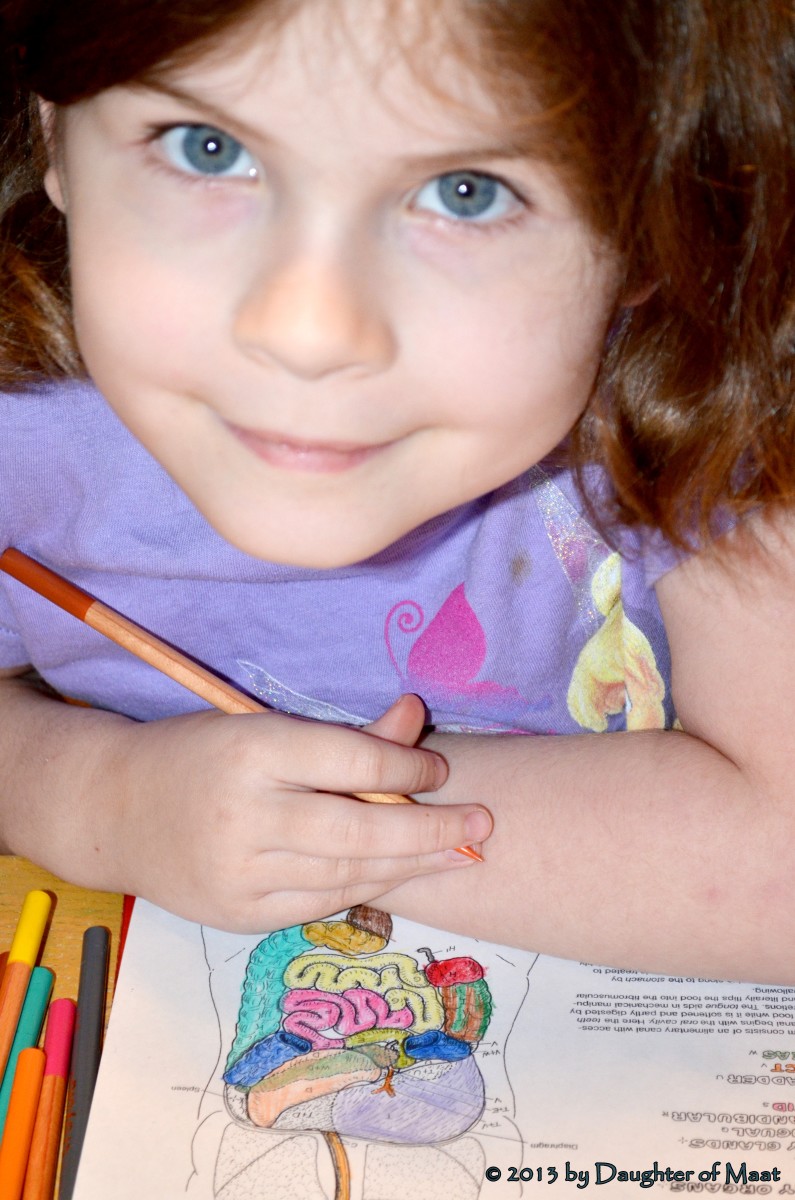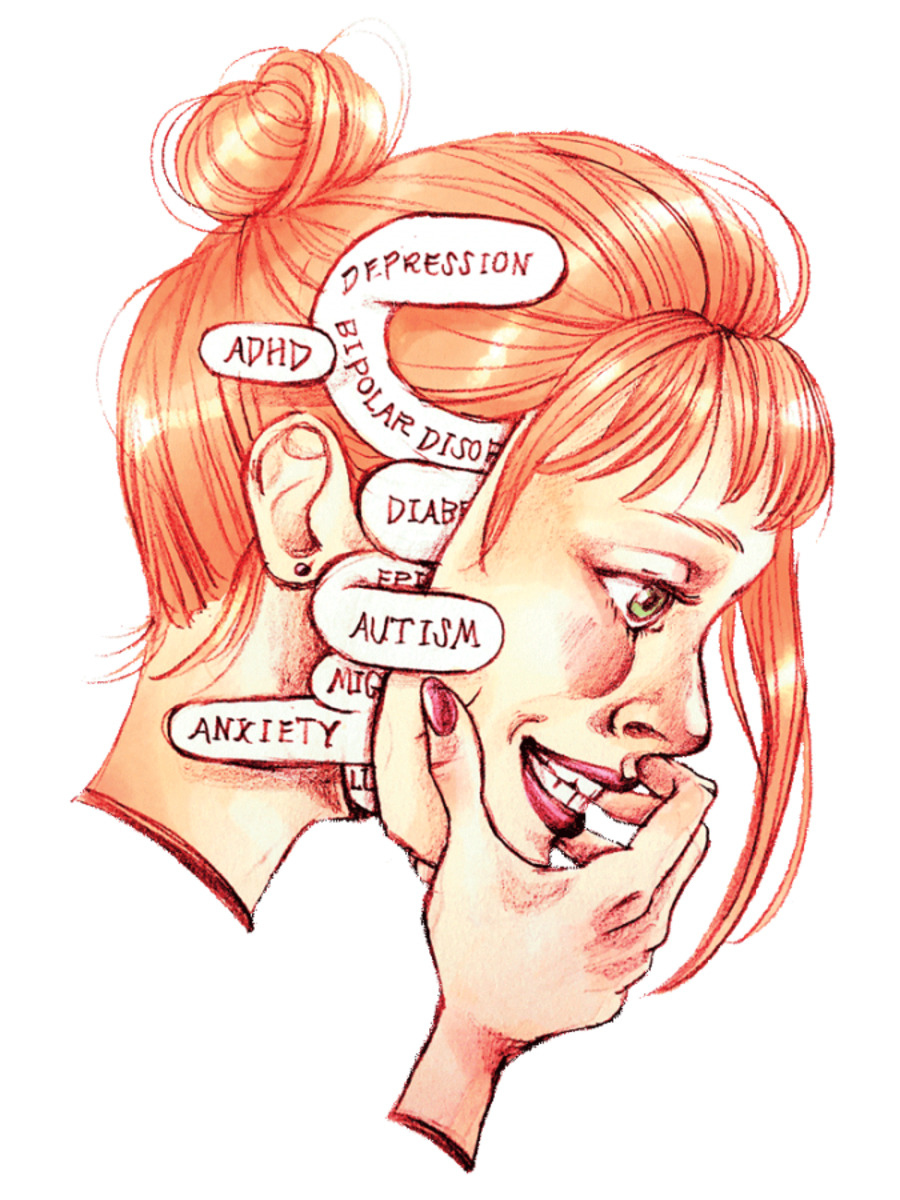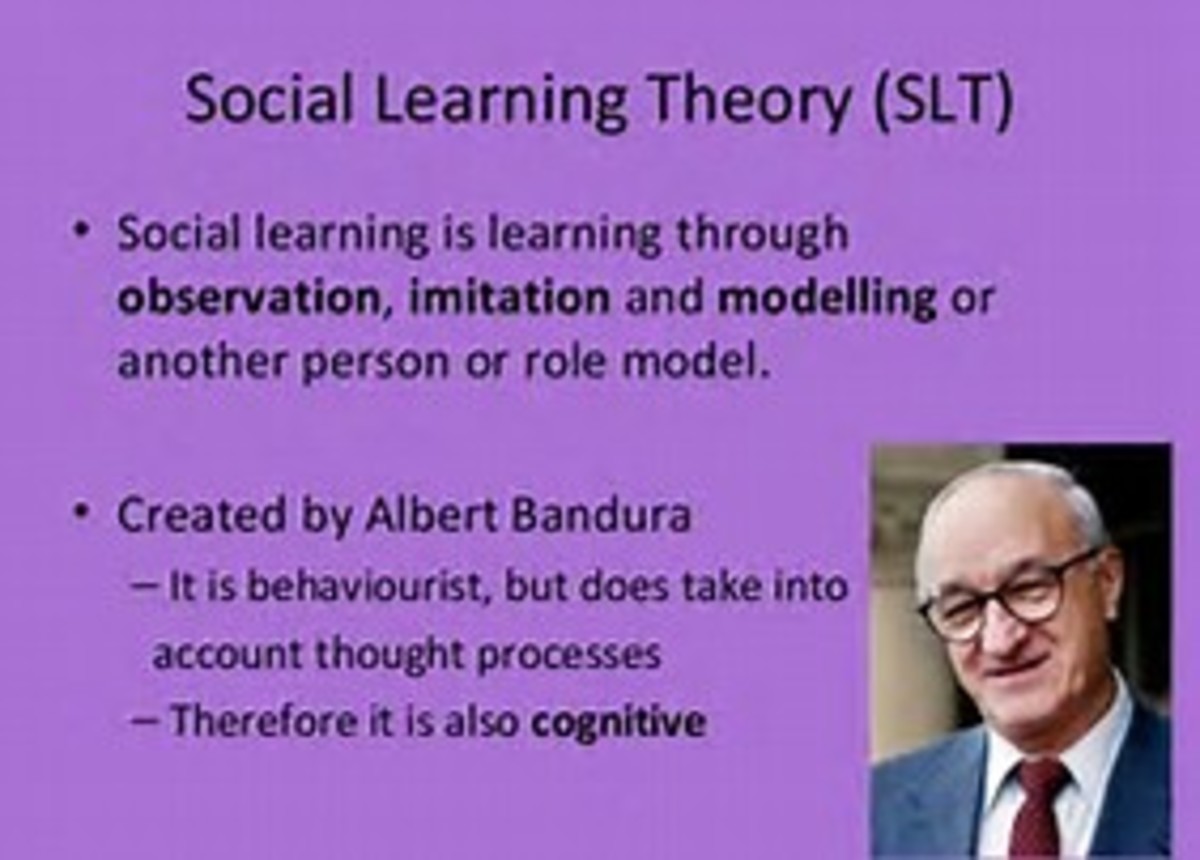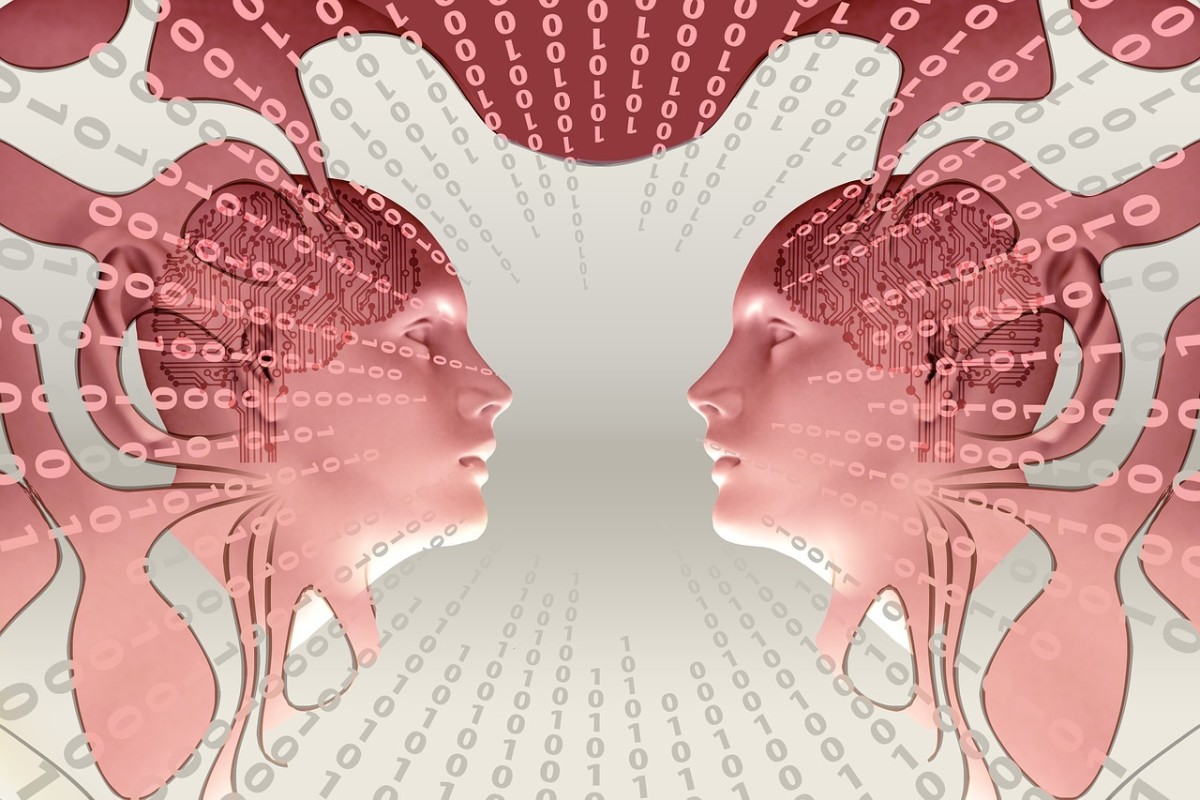Attention Deficit Hyperactivity Disorder (ADHD): Facts, Symptoms, Treatment, Medication
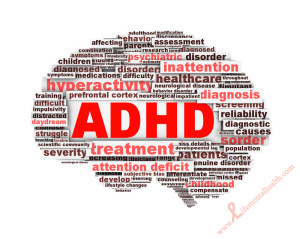
My Personal Experience of ADHD
This article is very personal for me. My son was diagnosed with ADHD by a social worker (counselor) after I was forced to put my son on medication by his public government school. Let me tell you a story, which many of you reading this will relate to.
My son was a good baby and toddler. He did not cry a lot and he never went through the terrible 2's phase. However, when he was near 1-year-old, I decided to go to college and by the time he was 3, I had to put him in daycare so I could attend classes during the day. That is when the bad stuff began. He cried when I was trying to leave him, like most young ones do, and after some time he adjusted. After a short period of time, he started acting out at home to a point that brought me to tears. He changed in such a way that I was not sure what had happened to him. We moved as I changed from a 2 year to a 4 year college and he seemed happier. He went to a daycare where he made a lot of friends and every child screamed out his name when he entered the room like Cheer's "Norm!" A year later, we moved to Georgia (from Texas) so we could be in closer contact with my family. In pre-school, his teachers told me he was getting out of his seat a lot and not listening. My family described him as "running on a motor." He attended a gymnastics program and did not listen or follow directions well and when he had the opportunity to choose the activity everyone would do, he always picked running around the gym. It was cute and frustrating because the instructor was always complaining about him to me.
Finally, he went to kindergarten and first grade. Teachers told me to "send protein snacks" with him to school to slow him down. They enjoyed his energy at first, but became frustrated by his energy in the end. In first grade, they started putting him in in-school suspension every day because he got out of his seat or disrupted the class, not for hurting someone or doing something we would associate a suspension with. It became so extreme, I felt forced to put my son on medication for ADHD. I was very against the medication, but was told by the social worker that the medication will "help him to become the best person he can be." I did put him on the medication and was happy with the results at first. He was not being suspended anymore, his teachers and the principal stopped calling me with complaints, and his classmates were becoming his friends (believe it or not, even kids will separate themselves from kids who teachers are always fussing at). Although I have a complete story to tell, I will continue our personal experience story after the medication portion of this article.
So you may ask, besides having an ADHD child, what qualifies me to write this article? Well, after a couple of different ideas of what to major in, I ended up earning my Bachelor's in psychology (2007). I have also earned my Master's in clinical psychology (2011). I currently perform psychological evaluations of individuals with a range of mental health diagnoses from depression to schizophrenia, including ADHD. A psychological evaluation includes psychological testing, history interviews, report writing, and diagnosing mental disorders based on my findings. I have also served as a counselor to college students at a University located in Georgia.
Which ADHD type do you think is first identified?
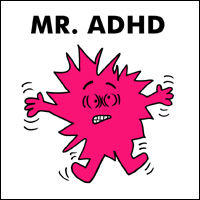
Symptoms of Attention Deficit Hyperactivity Disorder (ADHD)
A child (or an adult) can have either ADHD, Predominantly Inattentive Type; ADHD, Predominantly Hyperactive-Impulsive Type, or ADHD, Combine Type (a combination of both inattentive and hyperactive-impulsive symptoms). Simply not paying attention or running around constantly does not equal ADHD. These symptom must occur in 2 or more separate situations (for example: at school and at gymnastics practice). They are typically noticed before the age of 7 even if they are not automatically associated with ADHD; however, the inattentive type may not be recognized that early in life because inattention is not as irritating to teachers, parents or others as the hyperactive-impulsive type, and do not cause as much concern. Also, simply because your child is overly active, a "typical boy," does not listen or follow directions,or does not pay attention does not equal ADHD. There are strict criteria that are applied to achieve an ADHD diagnosis and these criteria must be at a level that is not consistent with the child's (or adult's) maturity level.
Attention Deficit Hyperactivity Disorder, Predominantly Inattentive Type
6 or more symptoms must be present for 6 months that causes problems in life (school, home, sports, etc.)
- Forgetfulness
- Trouble with organization
- Lacks attention to details or makes careless mistakes
- Easily distracted by other things going on in the environments/room
- Problems paying attention for an appropriate period of time
- Loses necessary items for homework, tasks, etc.
- Frequently does not listen when spoken to
- Avoids, dislikes, or puts off things that require attention (homework, chores, etc.)
- Does not finish homework, school work, tasks
Attention Deficit Hyperactivity Disorder, Predominantly Hyperactive-Impulsive Type
6 or more total symptoms from the two groups (hyperactivity/impulsivity) combined must be present for 6 months that causes problems in life (school, home, sports, etc.)
Hyperactivity
- Talks excessively
- Fidgets or squirms in seat
- Difficulty playing or engaging quietly in activities
- Cannot remain in seat when appropriate
- Moves around a lot (like being driven by a motor, on the go)
- Climbs on things inappropriately (adult: restlessness)
Impulsivity
- Usually has problems waiting for his/her turn
- Blurts out answers before question is finished
- Interrupts others
Attention Deficit Hyperactivity Disorder, Combined Type
6 or more actions from each of the two categories of ADHD over the past 6 months.
***Remember, along with meeting the 6 criteria, these actions should have been noticeable before the age of 7 and should have caused impairment in at least two separate environments (school, home, sports, etc.)
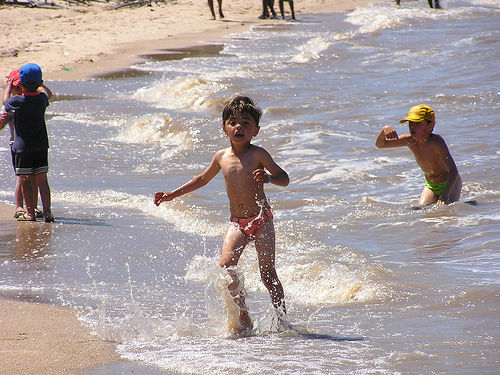
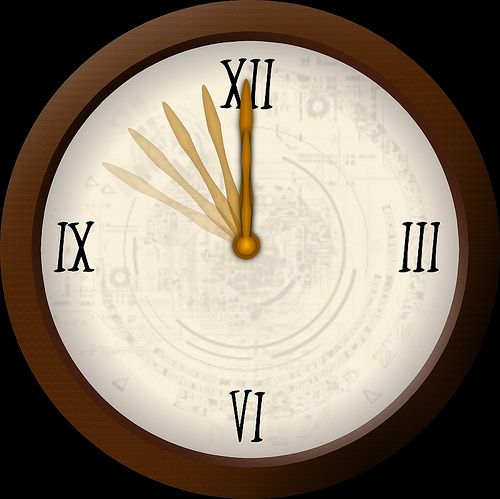
How Common is ADHD and How Long Does ADHD Last?
According to the Diagnostic and Statistical Manual of Disorders - Fourth Edition (DSM-IV), ADHD occurs in school-aged children at a rate of 3% o 7%. It typically lasts throughout the school years and even into early adulthood. As a child ages, symptoms are sometimes less dominant. This is because they learn to adjust to or control them. In adulthood, some symptoms may persist, but the older adolescent or adult learns how to manage their symptoms in a way that is adaptable. So, can ADHD go away. The answer is, yes, ADHD can be outgrown with maturity, but not all outgrow it. I can give you an example of this, but it will be included in my personal comments in the medication segment.
Psychotherapy (counseling) treatment for ADHD
Although most people automatically go purely for the prescription treatment of ADHD, medication is always better when it is combined with therapy. Medication may stifle the symptoms, but a child never learns to adapt without medication unless he/she is taught how to! That is the purpose of therapy, to learn to adapt, adjust, or cope to environments while having ADHD symptoms. The goals of therapy include:
- Medication Evaluation: determine if medication is appropriate and provide parents with information about the medication
- Educating parents on the disorder and behavioral training: improve understanding about the disorder, teach appropriate family roles, and improve family communication
- Informing teachers about behavior management: define class rules and expectations, give choices to child, encourage staying on task, positive reinforcement, develop social skills among classmates, encourage positive behaviors, use a contract between teacher and student when appropriate, signals to help student stay on task without embarrassment, self-monitoring, structure, removal from inappropriate influences, situate student at front of the room, and consistency.
- Self-respect/responsibility/behavior adaptation: Define terms of responsibility and develop appropriate behaviors, facilitate choices with defined consequences, help the child understand how others affect his/her behavior and how his/her behavior affects others, and clarify rules, choices, and consequences
- Social skills: Model appropriate social interactions and behaviors, provide feedback, and inform child how to interact positively
- Communication: Teach the child assertive communication skills, encourage expression of feelings and thoughts, practice situational responses, and provide feedback according to communication
- Defensiveness reduction: Increase awareness of defensive behaviors and help the child to self-identify these behaviors, and encourage acceptance of defensive (or other) behaviors
- Self-esteem: Therapist/parents show a positive relationship, acceptance, respect, and interest in what the child thinks, while affirming the child's importance, support and encouragement, encourage individual problem solving, encourage independence, develop values, identify strengths, identify changes that need to be worked on, educate about negative self-talk, and let the child demonstrate abilities and reinforce!
- Coping in different situations: Provide opportunities for activity, offer choices that help with a sense of feeling good of oneself, identify behaviors with consequences for each, focus on coping not arguing or running away. Teach against lying, focus on truth telling and positive effects.
- Problem solving: Help them to identify cause and consequences, identify goals, exploration of alternative solutions, practice situations through role-play, and explore ways to reach goals.
- Insight improvement: Help child to understand actions and consequences, help him/her to understand why he/she makes the choices that are made, help child to determine what other choices could have been made in place of poor choices.
- Controlling impulsiveness: Positive feedback when control is accomplished, provide/help create alternative ways to react or express feelings, identify problem behaviors, delay immediate responses and help child to think before reacting.
- Anger management: Identify behaviors and consequences of behaviors, normalize typical anger feelings, help child to let go of anger based on past experiences, help child to understand the difference between anger and rage, help child to understand anger as a coping mechanism, help child to take responsibility for anger reactions, and introduce problem solving to situations. Create alternatives to anger and violence.

Medication Treatment for ADHD
Medication is typically used to treat attention deficit hyperactivity disorder (ADHD) in combination with counseling/therapy, but sometimes it is the only thing used. I want to caution parents of ADHD children to seek therapy as well, to help teach children coping skills and how to adapt to their environment. If only medication is used, these children may not learn the skills needed to adapt without medication.
There are stimulants and non-stimulants available for the treatment of ADHD. Below is a summary of medications used for ADHD and additional information about each group of medications. Please keep in mind, just because a side effect is mentioned, it does not mean your child will react that way to the medication. Each individual has their own individual response or sensitivity to any medication. Also, stimulants can be given on a day that it is needed, it does not have to be taken every day to work. It can be discontinued during the summer to give a child a break and to allow them to have growth spurts (no medication can potentially equal eating more). Non-stimulant medication must be taken daily and takes time to build up in the system to become effective. Finally, there are anti-depressants that can also be prescribed to help control ADHD as seen fit by your doctor.
*After the medication table, a personal encounter with ADHD medication will be described to keep you focused on medication safety!
ADHD and Parenting
Type of ADHD Medication
| Name of Drugs
| Duration and Side Effects
|
|---|---|---|
Stimulants (short-acting)
| Adderall, Dexedrine, Dextrostat, Focalin, Methylin, Ritalin
| Lasts 4-6 hours. Weight loss, appetite loss, tics, sleep, irritability
|
Stimulants (intermediate)
| Metadate ER, Methylin ER, Ritalin SR, Metadate CD, Ritalin LA
| Lasts 4-10 hours depending on drug. Weight loss, appetite loss, tics, sleep, irritability
|
Stimulants (long-acting)
| Adderall XR, Dexedrine Spansule, Vyvanse, Concerta, Quillivant XR, Focalin XR
| Can last 6-12 hours depending on drug. Weight loss, appetite loss, tics, sleep, irritability.
|
Stimulant patch
| Daytrana patch
| Lasts 10-12 hours. Skin irritation, weight loss, appetite loss, tics, sleep irritability.
|
Non-stimulant
| Strattera, Intuniv
| Lasts 24 hours. Sleep problems, fatigue, anxiety, dry mouth, upset stomach, dizziness, headache. Suicidal thoughts can occur with Strattera, while heart rythm and low blood pressure can occur with Intuniv.
|
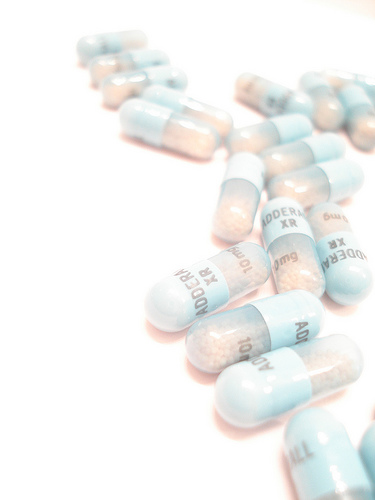
ADHD Medication: A Cautionary Tale (and Advice)
Let me start by saying that what I am about to describe is not meant to scare you, but to make you aware and to keep you alert about your child's reaction to medication. I do believe medication is helpful, but personally, I do not like what it did to my child. If your child responds well, then it is beneficial. As someone who works in the psychology field, I also know that medication can change a child's life for the better. Just please, pay attention to any uncomfortable changes in your child upon starting ADHD medication and read on to get an idea of what you could be facing or what to look for in terms of negative reactions.
To begin, as I mentioned at the beginning of this article, I felt forced to put my son on medication to keep him from feeling ostracized and to keep him out of in-school and out-of-school suspension for getting out of his seat or disrupting his class. I took him to his pediatrician and they put him on a stimulant, but required me to get an assessment for ADHD in the near future. His first stimulant was Focalin, which started halfway through first grade. Prior to giving it to him, I tried natural supplements from "natural websites" and other health food/supplement stores, which did not completely work. When I gave him Focalin, he did not know what it was for and I called it "Help me be good vitamins." He started complaining that he did not feel like himself and that he was acting too good. He was telling on his friends and helping the teacher too much (so funny). However, as he complained about not feeling normal, I decided to change his medication because above all else, I wanted him to feel as much like himself as possible. Also, I did not like that he went from this spunky, fun child with energy, to a couch potato. Yes, it mattered to me. Then they changed him to Adderall. My son began chewing holes in his inner cheeks, chewing his fingers, and blinking uncontrollably. Again, I took him to the doctor and he changed to Concerta. On Concerta, he continued with the actions from Adderall, but also began chewing his hands and feet until they were so deep he could hardly walk or use his hands. All of these happened from 1st grade to 3rd grade. When he was in 4th grade, I had him put on a non-Stimulant. First he took Strattera, then Intuniv. Neither of these really worked for him, but they did continue his biting and blinking tics. Luckily, half way through 4th grade I had him moved to another classroom and the wonderful teacher had sons of her own and was okay with me removing all medication. She still had some complaints, but overall, she handled him well. His blinking stopped, but he still bites his fingers and hands a little, as the medications triggered a tic in my son. In 5th grade, my son had a male teacher. I explained to him my son's situation and told him I will not put my son back on medication because he is "sensitive" to it. Luckily he understood my position. The teacher did not give my son too many breaks, but taught him appropriate behavior. I was told my son always takes responsibility for his action, even if he does not always behave the way they prefer. My son has not taken medication for 1 1/2 years. He was suspended twice at the beginning of his 5th grade year for acting like a boy, nothing too bad, but that is a huge improvement over how many times he was suspended during previous years for disruptive behaviors. He was not suspended again for the rest of the year and has matured so much since then. I am very proud of him and very relieved to not have all of the calls from the school weekly.
So yes, it is important to watch your child while he/she is on medication and make sure you are comfortable with it's affects on your child. But another thing I want you to know is with or without medication, it does get better. The older the child gets, the more the child matures, the better their behaviors typically. I used to cringe every time my phone range because I got so many calls from the school, now I do not even expect a call from school. Breathe...it does get better!
Another thing you should know, do not let the school bully you like they did me. You and your child have rights. If you do not want to put your child on medication, ask for your child to be tested or ask for an IEP. Just because your child needs special education services does not mean something awful is wrong; the child may just need more one on one time with a teacher. The good news is, many children who have ADHD are extremely smart. The problem is getting them to not avoid the school work because of their ADHD. For many of us, our children (mine included) are very smart, so special education may not be an option. In these cases, simply having them diagnosed can gain them benefits such as extra time on tests or focused attention in lessons, etc. Medication is an option, not a necessity, but identifying ADHD in a child enhances their resources to become the best person that he/she is meant to be!


